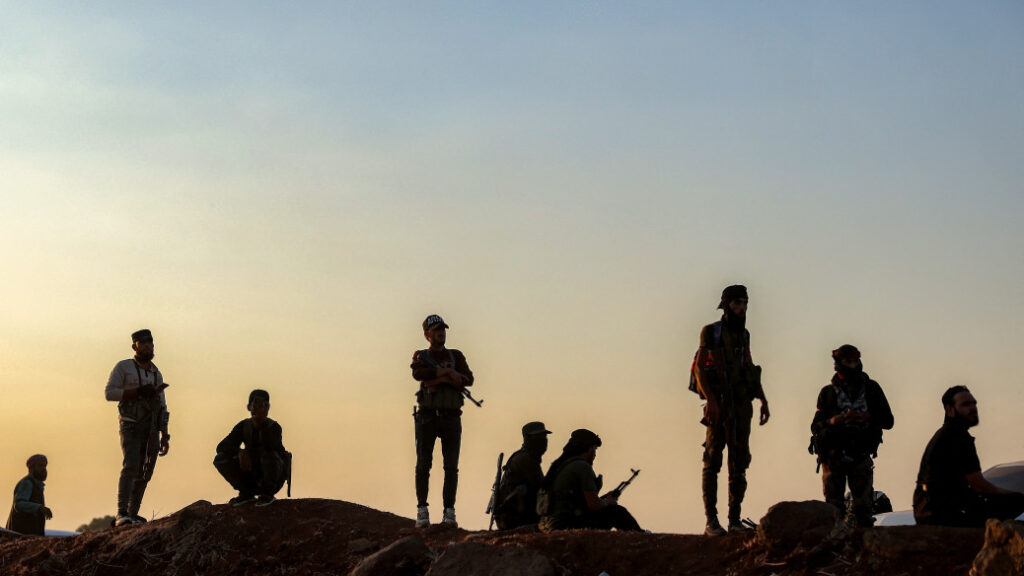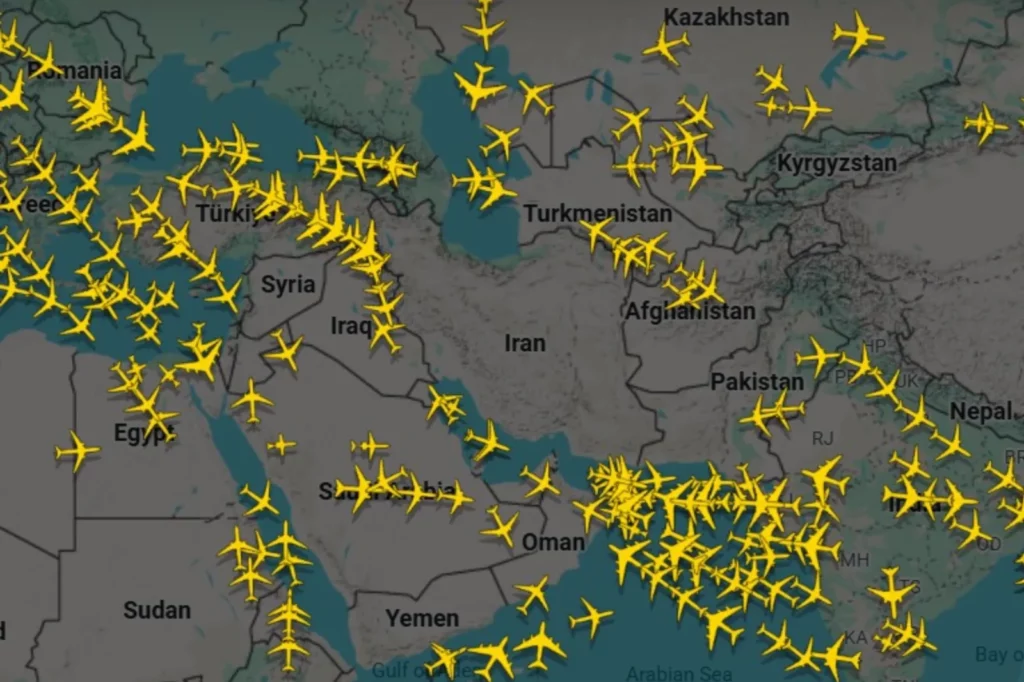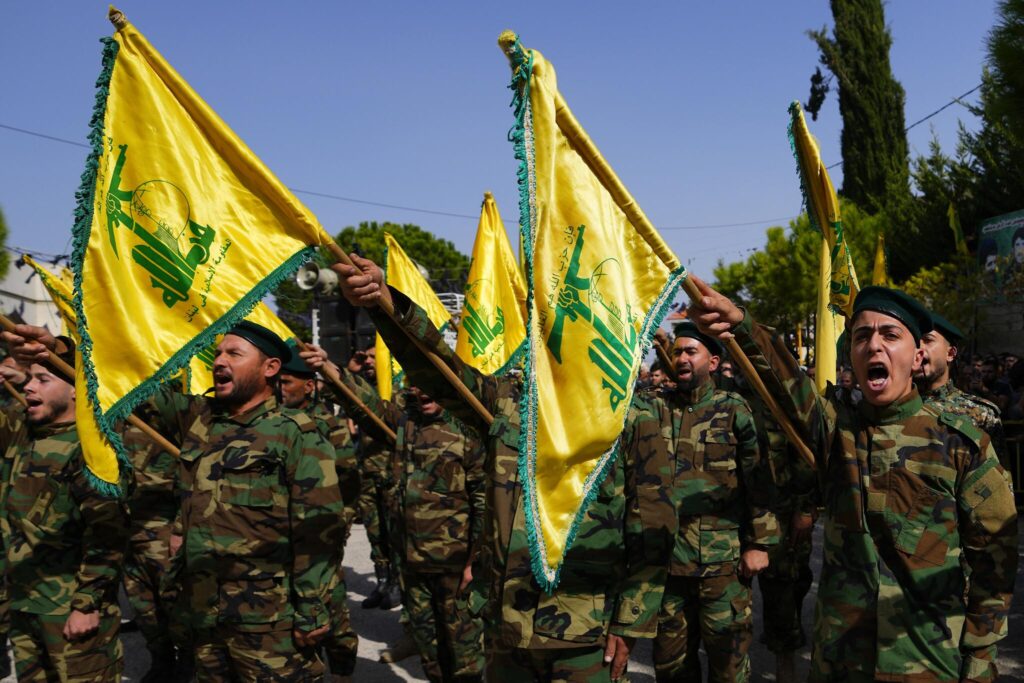Kurda devine limbă națională în Siria, în timp ce armata lui Ahmed al-Sharaa se luptă cu kurzii în nordul țării

Preşedintele sirian Ahmed al-Sharaa a publicat vineri un decret prin care acordă drepturi naţionale kurzilor din Siria, recunoscând în mod oficial limba kurdă, în contextul în care armata siriană este angajată în lupte cu forţe kurde în nordul Siriei, relatează AFP. În acest decret, Ahmed al-Sharaa proclamă kurda „limbă naţională”, care poate fi predată în şcoli publice în zone în care această minoritate este prezentă puternic. Armata siriană a anunţat sâmbătă că a preluat controlul oraşului Deir Hafer, la est de Alep, în urma unor confruntări armate recente în această regiune situată în nordul Siriei.







